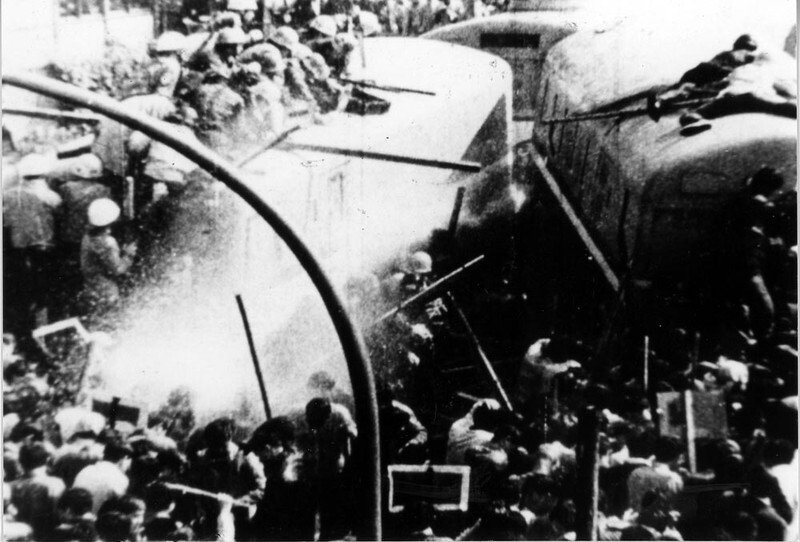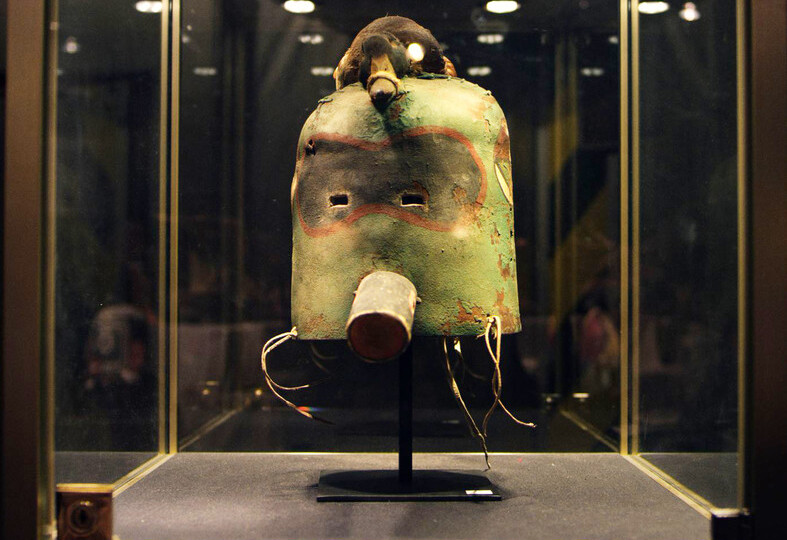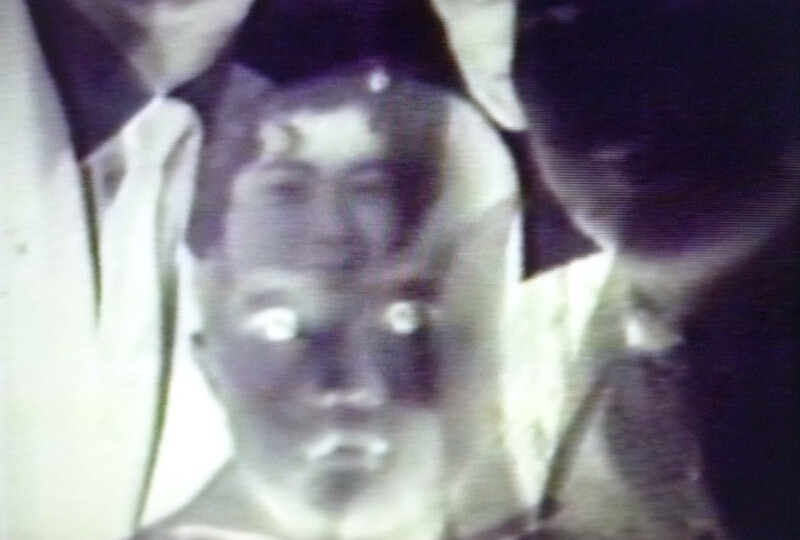Translucent Being: Shinsuke Ogawa
The cinéma vérité, or direct cinema, movement is usually associated with France, Canada, and the United States. In Japan, however, a distinctive filmmaker was working concurrently, masterfully employing the creative methods and aesthetic conventions of the movement in his work. Political inflexibility, socio-critical analysis, and the consequences of testimony are the hallmarks of Shinsuke Ogawa’s filmmaking style. His documentaries excel in their editing, which imbue situations with complex meaning – he can capture even the subtlest figures as characters while telling micro-stories that reflect the nature of the issue being explored.
Legendary Japanese documentary filmmaker Shinsuke Ogawa (1936–1992) created twenty films over the course of a quarter of a century. The constant in his work is the belief in the close relationship between film and society: he considered film to be a tool of potential change in political and social movements and filmmakers as necessarily engaged in the stories of people impacted by their consequences. His work can be divided into three periods based on thematic focus: films about student movements (1966–1968), his Sanrizuka series (1968–1975), and his stories of the village Magino (1975–1991).
During his student movement period, young people engaged in politics centered around him with whom he also created a network of screening sites throughout Japan. In the Sanrizuka region, farmers were ousted from their land in order to built an airport. For most of a decade, Ogawa filmed seven openly engaged films. He then focused on rural Japan and on the village of Magino, where he made seven films which became essential reference views of the countryside and its culture in both Japanese cinema, but more importantly for society as a whole.
Ogawa was a pioneer of exhaustive observation and participatory filming in Asia. When making his Magino series, he and his crew spent a year on the farm. They all helped with the rice farming in order to learn more about the crop and growing processes of this essential sector of Japanese agriculture. Only then did he shoot observational films showing the growers, their work, their lifestyle, and relationship to the countryside.
Ogawa Productions, which he founded in 1968 and which operated for over 30 years, emphasized the collective approach to filmmaking, to the extent that many creative decisions were made by the crew as a whole. In Yamagata, Japan in 1989, Ogawa was also behind the foundation of one of the most important Asian documentary film festivals. During the first year, he organized an extensive symposium on Asian documentary films, which was most likely the first major meeting of independent filmmakers in this field. With his radical political approach, empathetic participation in the fates of characters, and his engaged observational style, he influenced many other Japanese and Asian documentary filmmakers and ranks among the most respected figures in Japanese post-war documentary filmmaking.
This programme section was made possible thanks to the kindly support of Yamagata IDFF, Athénée Français Cultural Center, The Japan Foundation and The Japan Foundation Budapest.



